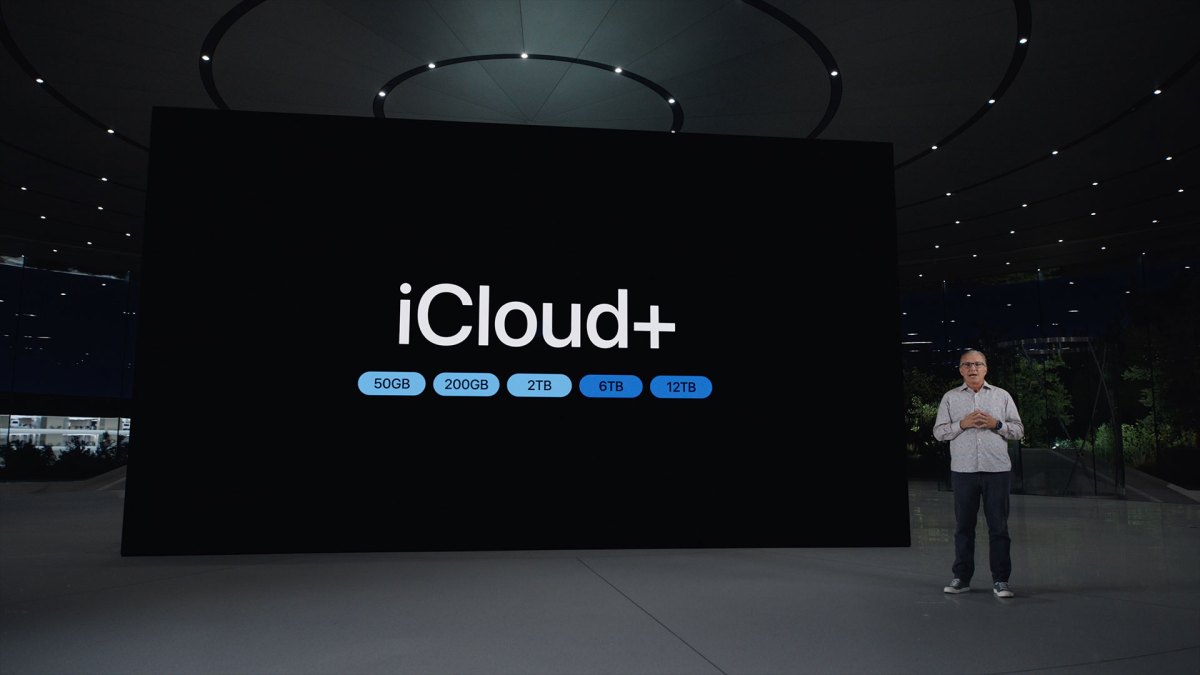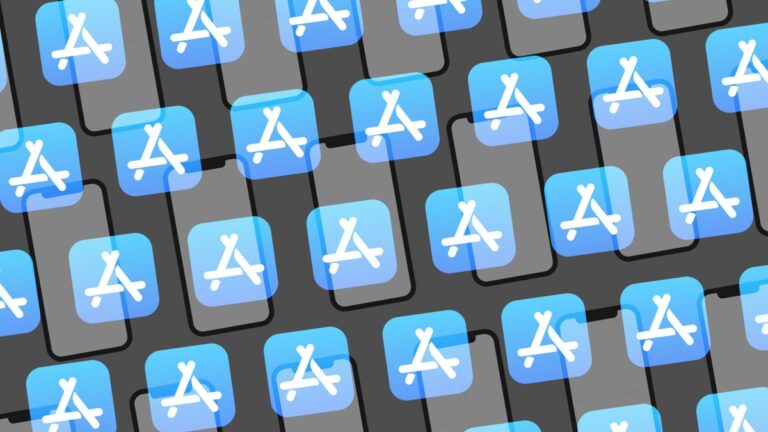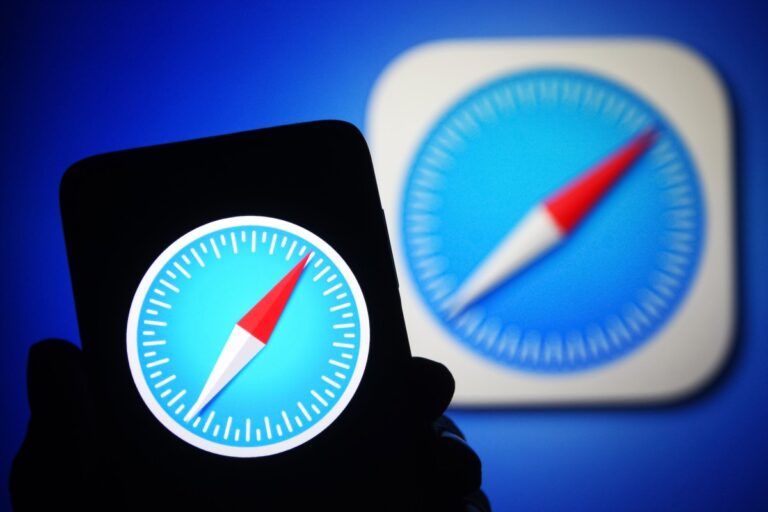UK’s Hidden iCloud Backdoor Sparks Civil Rights Battle
The recent demand by the U.K. government for Apple to implement a backdoor in its end-to-end encrypted iCloud storage service has sparked significant legal challenges from civil rights organizations. Two prominent groups, Liberty and Privacy International, have filed formal complaints against this controversial order, labeling it “unacceptable and disproportionate.” The implications of this demand could extend beyond the U.K., affecting users globally.
Legal Action Against the U.K. Government
The complaint was lodged on Thursday, with the civil rights advocates expressing deep concerns regarding the potential global repercussions of the Technical Capability Notice (TCN) issued to Apple by Home Secretary Yvette Cooper. This order, which was initially revealed through media reports last month, raises alarms about privacy and security for all users.
Key Players in the Legal Challenge
In addition to Liberty and Privacy International, two influential individuals—Gus Hosein, Executive Director of Privacy International, and civil liberties champion Ben Wizner—are actively participating in this legal challenge. They have engaged the law firm Leigh Day to represent their interests.
Concerns Over End-to-End Encryption
In a press release, the civil rights organizations expressed their fears that this TCN could jeopardize end-to-end encryption, which is vital for safeguarding privacy and facilitating free expression. They stated:
“Privacy International and Liberty fear this TCN, or similar TCNs in the future, could be used to undermine end-to-end encryption essential to the protection of privacy and free expression.”
Apple’s Legal Response
Apple has already initiated its own legal challenge against the TCN, with the appeal set to be reviewed by the Investigatory Powers Tribunal (IPT). This tribunal is responsible for overseeing grievances against U.K. intelligence agencies. Both Liberty and Privacy International, along with Hosein and Wizner, are seeking to have their complaints combined with Apple’s case.
Call for Transparency in Proceedings
Moreover, the groups are advocating for a public hearing rather than a closed-door session, aligning their request with the ongoing appeals from various privacy rights organizations. The IPT hearing is anticipated to take place on Friday, March 14, marking a crucial moment in this legal battle.
Conclusion
The challenge against the U.K. government’s order to Apple highlights the ongoing tension between national security and individual privacy rights. As this case progresses, its outcomes could have far-reaching effects on encryption practices and user privacy worldwide. For more updates on privacy rights and encryption, you can visit Electronic Frontier Foundation.







